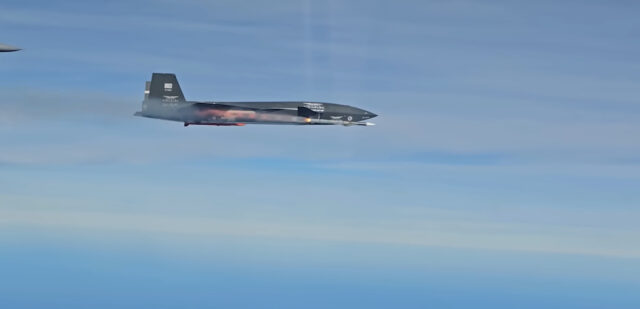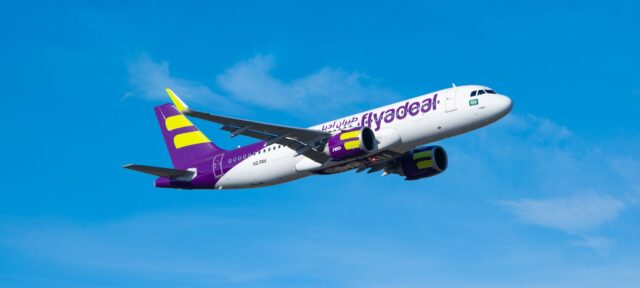NATS Aviation Index 2025: Air passengers care more about flying than the climate

August 1, 2025

For the first time, UK air passengers say they care more about punctual flights than cutting emissions.
According to the 2025 NATS Aviation Index, 63% of respondents now rank on-time performance as the industry’s top priority, overtaking reducing carbon emissions (56%) for the first time in the survey’s history.
While environmental concerns remain important, they have declined from their pandemic-era peak.
In 2020, 70% of passengers said cutting emissions was their number one priority. Today, however, passengers are more focused on improvements they can feel—like arriving on time—than those they can’t immediately see.
Air passengers are concerned, but won’t reduce flying
When asked which climate solutions the industry should pursue, the adoption of Sustainable Aviation Fuel (SAF) ranked highest, prioritised by 39% of respondents. This puts SAF ahead of airspace modernisation (21%) and carbon offsetting as the most popular route to lower emissions.

Despite this support for greener technology, only 17% of passengers say environmental concerns actively deter them from flying. In contrast, ticket cost remains crucial, with 89% citing price as the primary influence on travel decisions.
Public perceptions around responsibility for aviation’s climate impact remain skewed toward institutions rather than individuals:
- 30% place the burden primarily on government
- 26% on airlines
- 23% on industry bodies like NATS and the Civil Aviation Authority (CAA)
- Just 4% believe individual passengers should take the lead
This disconnect is reflected in personal behaviour: one-third of respondents admit they’ve done nothing to reduce their own flight-related emissions, despite growing awareness and concern.
Support for green taxes is growing—but not for limits on flying
In a surprising shift, 50% of respondents now support a frequent flyer tax, up from previous years. However, enthusiasm drops when it comes to more direct restrictions: just 36% would support hard limits on the number of flights individuals can take within a given timeframe.
While this indicates growing public openness to policy interventions, it’s unclear how sentiment might shift if such proposals became real government policy.

Although travel habits have stabilised post-pandemic—with 52% flying internationally and 32% domestically in the past year—the balance between sustainability and affordability is still tilted firmly toward cost.
Looking ahead, 26% expect to fly more over the next 12 months, particularly younger and ethnically diverse passengers. But cost remains the biggest constraint to that growth.
Airspace reform and innovation are gaining ground
Public support for airspace modernisation is rising. Awareness of UK efforts to redesign flight paths jumped from 11% to 19% in a year, and 52% support changes to enable more efficient routing.
Support for airport expansion remains stable at 53%, but 69% say any capacity growth must be underpinned by airspace reform.
Passengers are also warming to innovation. Support for flying taxis rose from 34% to 40%, while drones for emergency services (86%) and infrastructure inspection (81%) received overwhelming support.

Attitudes to artificial intelligence are mixed: 68% support AI in baggage screening and 50% approve of its use in air traffic control, but 49% express concerns about misuse and cybersecurity risks.
The NATS Aviation Index makes clear that UK passengers still value aviation’s social and economic benefits, but punctuality, affordability, and convenience are winning out over sustainability.
While support for SAF, airspace reform and even green taxes is growing, public expectations remain firmly grounded in the here and now: getting where they want, on time, at the right price.
















